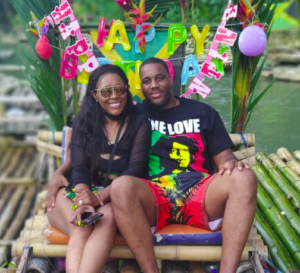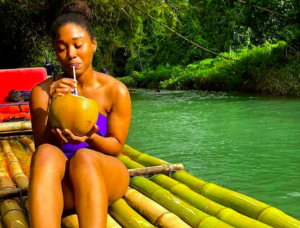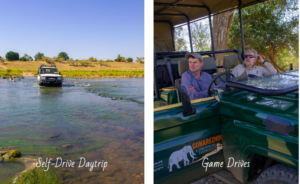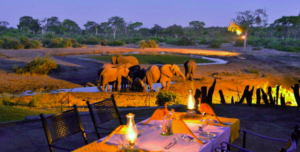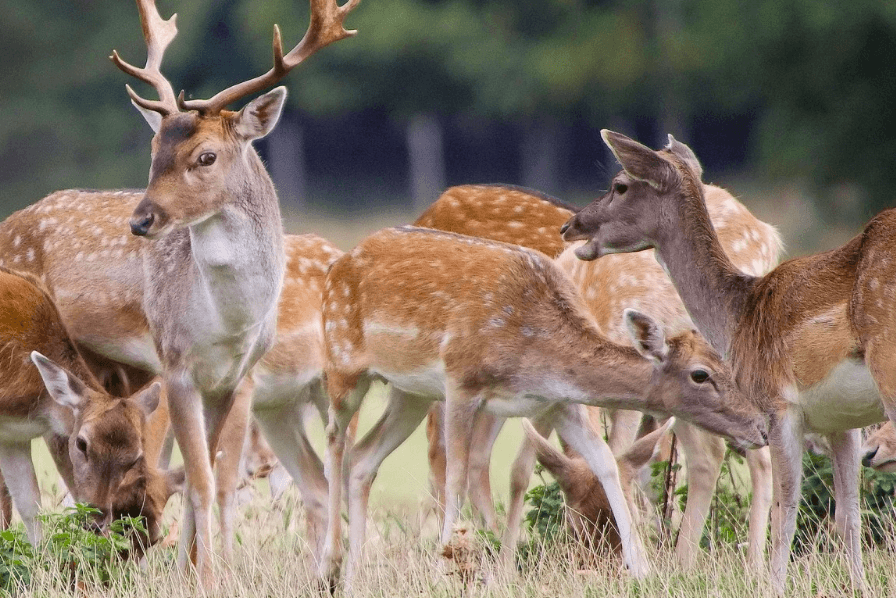
Hunting in Ireland.
Welcome to the Emerald Isle, where beautiful green landscapes and a rich cultural legacy coexist with a wide range of hunting opportunities. Ireland, famed for its magnificent beauty and kind friendliness, also allows hunters to participate in an old pastime. This island nation provides an assortment of game species, from rolling hills and woods to jagged coastline and extensive moorlands, making it an ideal location for hunters seeking diverse and hard sports.
While hunting in Ireland has deep historical roots, it has evolved into a well-regulated and sustainable sport. This introductory guide will take you through the country’s hunting environment, studying the many species of game, locations to explore, legislation to consider, and responsible practises that line with Ireland’s commitment to wildlife conservation.
Whether you are a seasoned hunter or a first-timer looking for an amazing adventure, Ireland’s numerous hunting prospects promise a memorable and gratifying experience among nature’s best offers. So lace up your boots, gather your kit, and join me on an incredible hunting adventure through Ireland’s enchanted woods.
Ireland Hunting Seasons.
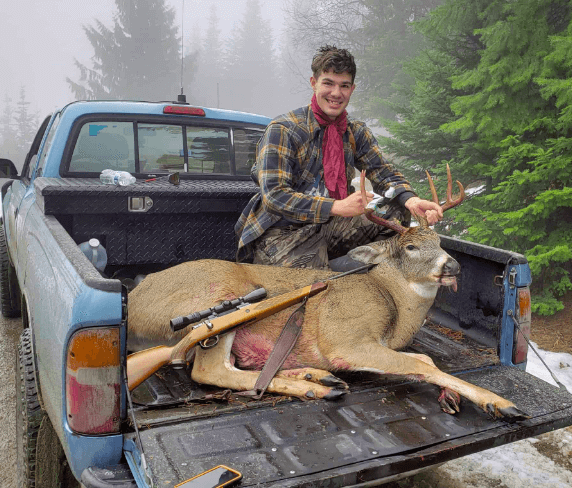
The animal Acts govern and control hunting activities in Ireland to guarantee the protection and sustainability of animal populations. The dates of hunting seasons may vary significantly from year to year and are subject to change dependent on conservation needs and population condition. The following is a broad summary of the hunting seasons for some of the most often hunted game species in Ireland:
- Red Deer (Cervus elaphus):
- Stags: August 1st to April 30th
- Hinds (Females): November 1st to February 28th
- Sika Deer (Cervus nippon):
- Stags: August 1st to April 30th
- Hinds (Females): November 1st to February 28th
- Fallow Deer (Dama dama):
- Bucks: August 1st to April 30th
- Does (Females): November 1st to February 28th
- Irish Red Grouse (Lagopus lagopus hibernicus):
- August 12th to December 10th
- Woodcock (Scolopax rusticola):
- November 1st to January 31st
- Common Snipe (Gallinago gallinago):
- November 1st to January 31st
- Mallard (Anas platyrhynchos):
- September 1st to January 31st
Hunters must be aware with the precise hunting regulations for each species, as well as any municipal ordinances or limitations in the regions where they want to hunt. In addition, hunters must get the necessary licences and permits from the National Parks and Wildlife Service (NPWS) in Ireland. These permits guarantee that hunting is done responsibly and sustainably, protecting the country’s natural resources for future generations.
Please keep in mind that hunting rules and restrictions might change over time, so it’s always a good idea to check with the NPWS or other appropriate authorities in Ireland for the most up-to-date information before embarking on any hunting adventures.
Which big games can be hunted in ireland?
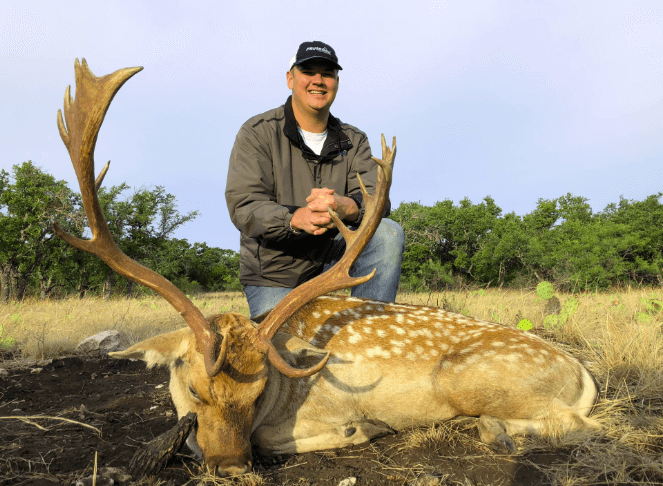
Big game hunting in Ireland is mostly focused on deer species, which are numerous in specific areas of the nation. The following are the principal large game species hunted in Ireland:
Red Deer (Cervus elaphus):
The red deer is Ireland’s biggest wild deer species. They may be found in a variety of settings, including as forests, uplands, and lowlands. During their hunting season, which normally runs from August 1st to April 30th, red deer hunting is a popular activity in Ireland.
Sika Deer (Cervus nippon):
The sika deer is an invasive species in Ireland that is noted for its evasive behaviour. They enjoy deep forests and woodlands, making hunting them both difficult and fascinating. Sika deer shooting season normally runs from August 1st to April 30th, like red deer.
Fallow Deer (Dama dama):
Fallow deer are another introduced species that may be found in woodland and parkland areas in Ireland. They are distinguished by their remarkable coat colours, which include white-spotted and chocolate-brown varieties. Fallow deer shooting season runs from August 1st to April 30th.
Big game hunting is carefully restricted in Ireland to safeguard the conservation of these animals and their habitats. Hunters must get licences and permits from the National Parks and Wildlife Service (NPWS) and follow the hunting seasons and bag limitations established for each species.
Best hunting locations in Ireland for big games.
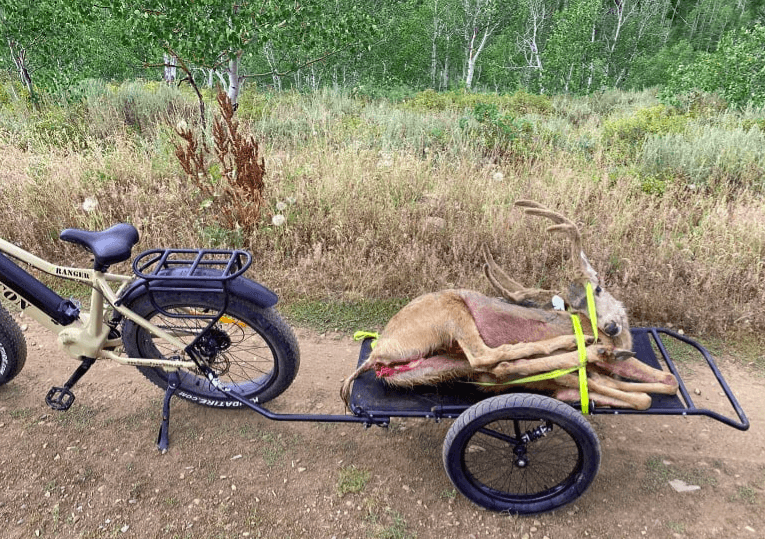
Ireland has some good big game hunting spots, notably for red deer, sika deer, and fallow deer. Some of Ireland’s top hunting spots include:
County Kerry:
County Kerry, located in southwest Ireland, is known for its gorgeous scenery and abundant animals. The Killarney National Park and nearby regions provide outstanding red deer hunting possibilities, providing a tough and rewarding hunting experience.
County Wicklow:
County Wicklow, located just south of Dublin, is home to some of Ireland’s best deer shooting areas. Red deer, sika deer, and fallow deer thrive in the Wicklow Mountains National Park and neighbouring forests.
County Mayo:
County Mayo in western Ireland has huge open moorlands and rugged terrain, making it ideal for red deer and sika deer hunting. The rocky terrain adds an element of adventure to the hunting experience.
County Donegal:
County Donegal, located in the northwest, has a combination of coastal regions, mountains, and forests, making it an appealing destination for red deer and sika deer hunting.
County Galway:
County Galway, known for its beautiful beauty and various fauna, provides possibilities for red deer, sika deer, and fallow deer hunting. Deer hunting is very popular in the Connemara National Park and adjacent regions.
Cork County:
County Cork offers good hunting prospects for red deer, sika deer, and fallow deer, with a diversity of terrains ranging from forests to farmlands.
When organising a hunting trip to Ireland, it is important to investigate and comprehend local hunting restrictions, as well as secure the requisite licences and permits from the National Parks and Wildlife Service (NPWS). Additionally, engaging the services of experienced guides or outfitters familiar with the area can enhance the hunting experience and ensure compliance with local laws and ethical hunting practices.
How to hunt in ireland.
Hunting in Ireland is a regulated activity, and individuals interested in hunting must adhere to specific guidelines and obtain the necessary licenses and permits. Here is a general overview of the process and requirements for hunting in Ireland:
Permits and Licencing:
To hunt in Ireland, you must first get a valid National Parks and Wildlife Service (NPWS) hunting licence. The sort of licence you require will be determined by the game species you seek to hunt and the location in which you intend to hunt.
Depending on the type of weapon you want to use, you may additionally require a firearm or shotgun certificate. After a background check and verification of your need for a firearm, these certifications are normally granted by the local Garda (police) station.
Familiarize Yourself with Hunting Seasons:
As previously stated, specialised hunting seasons are in place for various game species to ensure their conservation and long-term management. Investigate the hunting seasons for the species you want to hunt and organise your trip appropriately.
Identify Suitable Hunting Locations:
Ireland features a variety of regions with ideal habitats for numerous game animals. County Kerry, County Wicklow, County Mayo, County Donegal, County Galway, and County Cork are popular deer hunting areas. However, before hunting on private property, you must acquire permission from the proprietor.
Use Experienced Guides or Outfitters:
Consider employing an experienced hunting guide or outfitter if you are unfamiliar with the hunting grounds or practises in Ireland. They may offer useful information, verify compliance with local legislation, and improve the entire hunting experience.
Use Ethical and Safe Hunting Techniques:
Prioritising safety and ethical hunting practises is critical. To minimise suffering and guarantee a clean and humane death, make sure you are adept with your chosen rifle or bow and practise responsible shot placement.
Always obey local laws, respect property lines, and be mindful of the environment and other outdoor lovers.
Report Harvest and Compliance:
You may be compelled to record your hunting activity and harvest in specific instances. Compliance with reporting standards assists wildlife authorities in monitoring populations and making sound management choices.
FAQs About Hunting In Ireland
Q: What kinds of game are available for hunting in Ireland?
A: Popular game animals in Ireland include red deer, sika deer, fallow deer, Irish red grouse, woodcock, common snipe, and duck.
Q: Do I need a hunting licence in Ireland to go hunting?
A: Yes, a National Parks and Wildlife Service (NPWS) hunting licence is necessary to hunt lawfully in Ireland. Depending on the type of weapon you want to use, you may additionally require extra firearm or shotgun certifications.
Q: When is the Irish hunting season?
A: Hunting seasons differ according to species. The shooting seasons for large game animals like as red deer, sika deer, and fallow deer are generally from August 1st to April 30th. The shooting seasons for birds such as Irish red grouse, woodcock, common snipe, and mallard are typically from late summer to early winter.
Q: Is it legal to hunt on private land in Ireland?
A: Before hunting on private property in Ireland, you must acquire permission from the landlord. Respect property lines and always obtain permission from landowners before hunting on their property.
Q: Are there any limits on guns or hunting methods?
A: Yes, there are strict rules in Ireland covering the usage of guns and hunting tactics. Always follow these rules, which are in place to promote safety and responsible hunting.
Q: Are there hunting quotas or bag limitations in Ireland for game species?
A: Certain game species have hunting quotas and bag limitations in place to guarantee sustainable management and conservation. Be aware of these restrictions and follow them when hunting.
Q: Can I hire a hunting guide or outfitter in Ireland?
A: Yes, hiring a hunting guide or outfitter is a common practice in Ireland, especially if you are unfamiliar with the hunting areas or local regulations. Experienced guides can enhance your hunting experience and ensure compliance with the law.
Q: What are the consequences in Ireland for hunting without a licence or breaking hunting regulations?
A: Hunting without a valid licence or breaking hunting restrictions can result in large penalties, loss of hunting rights, and criminal prosecution. To avoid legal ramifications and aid to animal conservation efforts, it is critical to follow all hunting laws.
Q: Are there special standards and norms in Ireland for ethical hunting practises?
A: Yes, in Ireland, ethical hunting practises are promoted and expected. Hunters should prioritise safety, prudent shot placement, compassionate harvesting, and environmental and animal conservation. Following ethical criteria helps to maintain hunting’s overall integrity as a conservation technique.
Q: Are non-residents permitted to hunt in Ireland?
A: Non-residents are permitted to hunt in Ireland. They must, however, get the necessary hunting licences and permits, just like Irish citizens. Non-residents may also be subject to extra regulations, such as obtaining temporary import permits for guns.
Q: Is the usage of hunting dogs restricted in Ireland?
A: Hunting with dogs is permitted in Ireland, although there are rules restricting the employment of hunting dogs for certain game species. Some species may require hunters to employ specific dog breeds, while others may limit the use of dogs during specified hunting seasons.
Q: What kind of terrain can I expect to encounter while hunting in Ireland?
A: Ireland has a variety of hunting terrains, such as forests, mountains, moorlands, and coastal locations. Depending on your location and animal type, you may experience a variety of sceneries during your hunt.
Q: Are any animals in Ireland protected from hunting?
A: Some animal species in Ireland are entirely protected and cannot be hunted. These species are protected by the Wildlife Acts, and hunting them is prohibited. To minimise unintended infractions, it is important to be conversant with the list of protected species.
Q: Is it legal for me to consume game meat captured in Ireland?
A: Legally obtained game meat in Ireland can be used for personal use. However, it cannot be sold or exchanged commercially unless the relevant permissions and food safety laws are met.
Q: Are there any special hunting safety precautions I should take in Ireland?
A: When hunting in Ireland, safety is of the first importance. Always notify someone about your hunting plans, dress appropriately, and carry necessary safety equipment such as a first aid kit and communication devices. Be familiar with the local emergency services and use caution when exploring unknown territory.
Q: Can I transport game trophies or animal parts back to my native country from Ireland?
A: Crossing international borders with game trophies or animal parts may be subject to special rules in both Ireland and your home country. Before attempting to bring back any animal souvenirs, make sure you are aware of the legal requirements and have obtained the appropriate permissions and documents.

